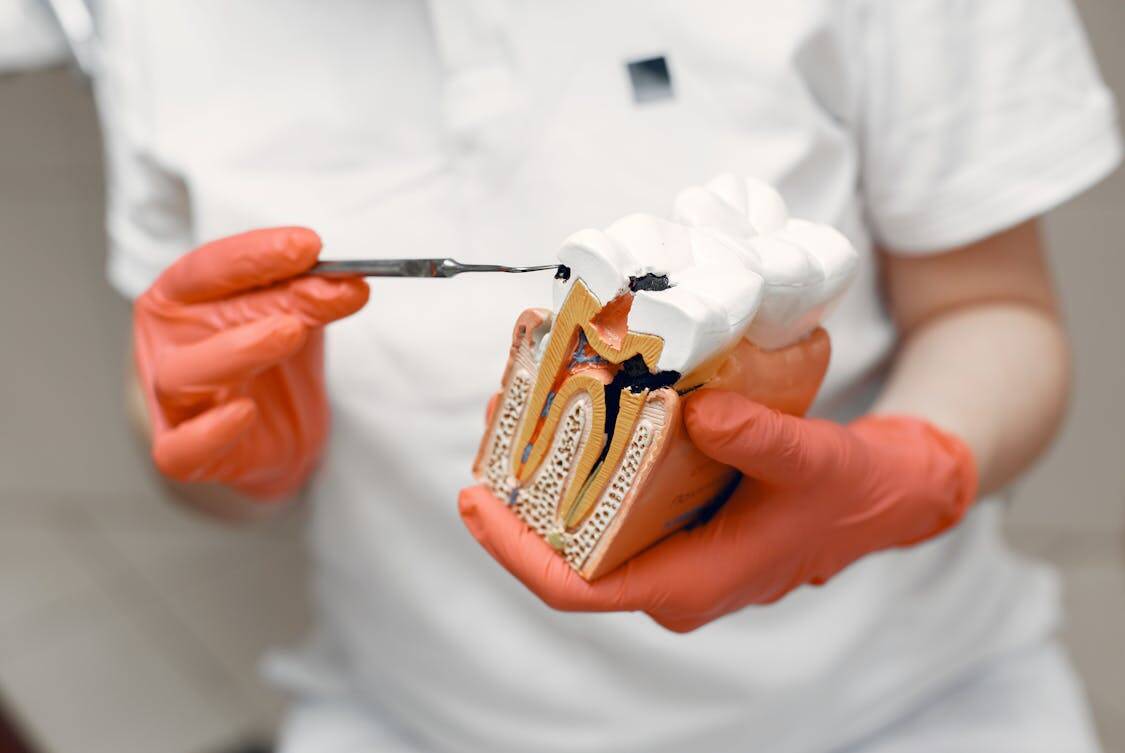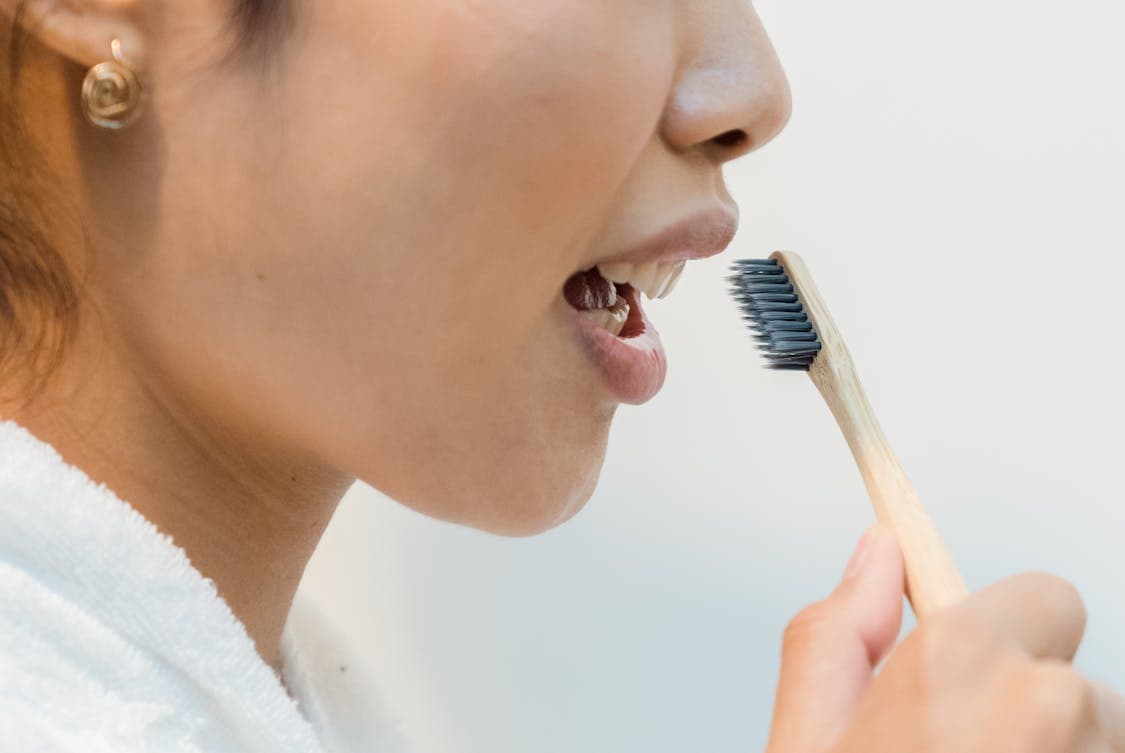Can Cavities Heal Without Dental Treatment? Find Out

Cavities are a common dental issue, affecting people of all ages. Many find themselves wondering if these pesky holes in their teeth can heal on their own.
The answer is not straightforward. Let’s explore the nature of cavities, the body’s healing mechanisms, and what you can do to promote dental health.
What Are Cavities?
Cavities, also known as dental caries, occur when tooth enamel deteriorates, often due to bacteria. When we consume sugary foods, these bacteria produce acids that attack the enamel, leading to decay.
Over time, if left untreated, cavities can grow deeper, potentially reaching the pulp of the tooth and causing significant pain or infection.
The Stages of Tooth Decay
Understanding the progression of cavities helps in grasping whether they can heal. Initially, you might notice white spots on the enamel, indicating demineralization.
This early stage is often reversible; enamel can regain minerals and heal itself, but this requires proper care.
As decay continues, the enamel can break down further, forming a cavity. Once a cavity forms, the damage is permanent, and while you can manage symptoms and slow the progression, it won’t heal without intervention.
Can Teeth Remineralize?
Yes, teeth can remineralize, especially in the early stages of decay. The process involves minerals such as calcium and phosphate, which are naturally found in saliva.
When you consume foods rich in these minerals, your body can help to reverse minor damage.
Fluoride is another powerful ally in remineralization. It enhances the enamel’s ability to resist acid attacks and promotes the rebuilding of mineral content.
Incorporating fluoride toothpaste and mouth rinses can be beneficial in the fight against cavities.
Diet Matters
What you eat can significantly impact your dental health. A diet high in sugar contributes to the acid production that leads to cavities.
Conversely, consuming foods rich in vitamins and minerals supports remineralization. Dairy products, leafy greens, nuts, and whole grains can all contribute positively to dental health.
Sugary Foods and Drinks
Sugary snacks and beverages are often at the heart of cavity formation. When consumed frequently, they provide a constant source of fuel for the bacteria that produce harmful acids. Reducing sugary intake can lower your risk of cavities significantly.
Nutrient-Rich Foods
On the flip side, nutrient-rich foods can help fortify teeth. Dairy products contain calcium and phosphorus, vital for enamel repair. Fruits and vegetables not only cleanse the mouth but also provide essential vitamins that support overall health.
Oral Hygiene Practices
Maintaining good oral hygiene is crucial in the battle against cavities. Regular brushing and flossing help to remove food particles and plaque, the sticky film that forms on teeth. Plaque harbors bacteria, so preventing its buildup is essential.
Brushing Techniques

Brushing twice a day with fluoride toothpaste can significantly reduce the risk of cavities. Make sure to use proper techniques; gentle, circular motions are effective. Don’t forget to brush the tongue, as bacteria can accumulate there too.
Flossing
Flossing is often overlooked, but it plays a vital role in maintaining dental health. It removes debris and plaque from between the teeth, where your toothbrush can’t reach. Make it a habit to floss daily for best results.
Natural Remedies and Their Effectiveness
Many people turn to natural remedies, hoping to reverse cavities without professional help. Some swear by oil pulling, which involves swishing oil in the mouth to reduce bacteria.
Others may rely on natural toothpaste or herbal rinses. While these can help maintain oral hygiene, they aren’t substitutes for professional care, especially for existing cavities.
Oil Pulling
Oil pulling has gained popularity as a natural remedy. Some studies suggest that it can reduce plaque and gingivitis. However, it should complement—rather than replace—regular oral hygiene practices.
Herbal Remedies
Certain herbs, like neem and clove, have antimicrobial properties. They can be useful for maintaining oral health, but using them as standalone solutions may not be sufficient for treating cavities.
The Role of Dental Visits
While it’s tempting to hope for self-healing, regular dental check-ups are essential. Dentists can catch cavities in their early stages and recommend treatments that promote healing.
If a cavity is too far gone, professional intervention—like fillings or crowns—will prevent further damage. For timely care and expert treatment, you can always book with a Preston dental clinic to ensure your oral health stays on track.
Preventive Care
Preventive care is key to avoiding cavities. Regular cleanings help remove plaque and tartar buildup, reducing your risk of decay. Your dentist can also offer personalized advice tailored to your oral health needs.
Early Detection
Cavities can develop without noticeable symptoms until they become more serious. Regular check-ups allow for early detection and intervention, maximizing your chances of reversing early-stage decay.
Fluoride Treatments
For those at high risk of cavities, fluoride treatments can be beneficial. These treatments, applied in a dental office, provide a concentrated dose of fluoride, aiding in remineralization and reinforcing enamel.
Professional Applications
Dental professionals can apply fluoride varnishes or gels, especially for children or individuals with a history of cavities. These treatments can make a significant difference in long-term dental health.





